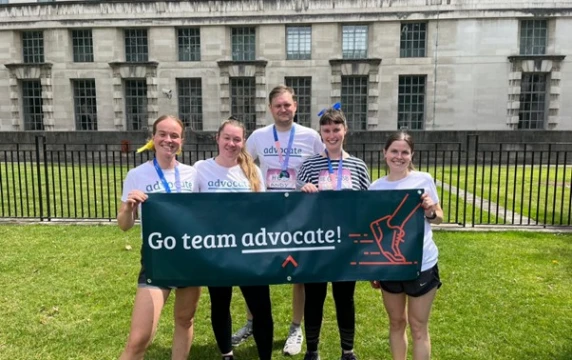Daniel worked as an Education, Health and Care Plan (EHCP) Assistant for a company. He was assigned to work for a London Borough and signed an agreement with an agency. Daniel was charged out to the London Borough as an EHCP Co-ordinator (a more senior role) at an increased rate, despite expressing concerns that he was not qualified for the job.
After several months passed, Daniel eventually raised concerns with his employer that:
- There had been breaches of data protection regulations in respect of his (and others’) pay information.
- He had been underpaid.
- Staff were being placed in jobs as EHCP Co-ordinators for which they were not qualified.
- Fraud was being committed by his employer and the agency, which was charging workers out at a higher rate and then not passing this extra money on to them.
Daniel raised concerns on the 5th July, was dismissed from his job on the 6th July and then banned from his work premises on the 8th July. Unable to afford a lawyer to help him and with two young children at home, Daniel went alone to the Employment Tribunal claiming that he was unfairly dismissed for making ‘protected disclosures’.
The hearing
All three organisations on the opposing sides had barristers representing them. Daniel said: “What happened to me in the tribunal, I wouldn’t wish on my worst enemy. It was horrific.”
The ET judge struck out Daniel’s claim on the basis that there was no reasonable prospect of success. Daniel was devastated that the papers he supplied had not been used in the hearing and felt that the points he was making were not understood by the judge.
Determined to keep fighting, Daniel applied to the Employment Appeal Tribunal (EAT), which introduced him to its Employment Law Appeal Advice Scheme (ELAAS) which offers pro bono legal representation at preliminary hearings in the EAT. Here, Daniel met Mr Beyzade, Head of Chambers at Chancery Lane Law, who helped him secure a full EAT hearing on all four grounds that were pleaded before the Judge.
After the preliminary hearing, Mr Beyzade helped Daniel apply to Advocate so he could ask for further help at the full hearing. Advocate found junior barrister Henry King from 12KBW who agreed to help provide advice and help with further steps before the hearing and work with Mr Beyzade, who had agreed to represent Daniel again.
The EAT found that the tribunal had failed to take reasonable steps to identify the issues before making its order to strike out Daniel’s claim, due to Daniel being a litigant in person and unable, therefore, to concisely identify the legal matters at stake. HHJ Tayler said: “The litigant in person, who struggled to plead the claim initially, unsurprisingly, struggles to provide the additional information and, in trying to produce what has been requested, under increasing pressure, produces a document that makes up for in quantity what it lacks in clarity.”
The tribunal failed to analyse sufficiently the information that Daniel said he disclosed (including the pleadings and other core documents) and failed to consider the wider context in which the disclosures were made.
Daniel’s next steps
Even though he faces going through the whole case again, Daniel says: “I feel more optimistic because of the help I got through Advocate. I have more confidence because I understand the case much better now and how to argue it.”
His next hearing is in October and Advocate has already found a barrister to help so he doesn’t face the same problems again.
Summing up his experience, Mr Beyzade said: “When I picked up Daniel’s case, I was presented with four files of papers and a lengthy set of pleadings. The case had been dismissed by two judges so I gave Daniel swift advice and ensured that his claim was focused sufficiently by me at the oral hearing in the EAT so he obtained permission to appeal. I represented Daniel at the final hearing, which was a resounding success, and the case was sent back to the Employment Tribunal to be reconsidered. There was a real pleasure in dealing with Daniel and ensuring that he had access to justice due to Advocate’s unique scheme.”







